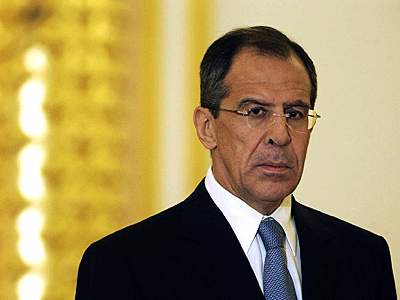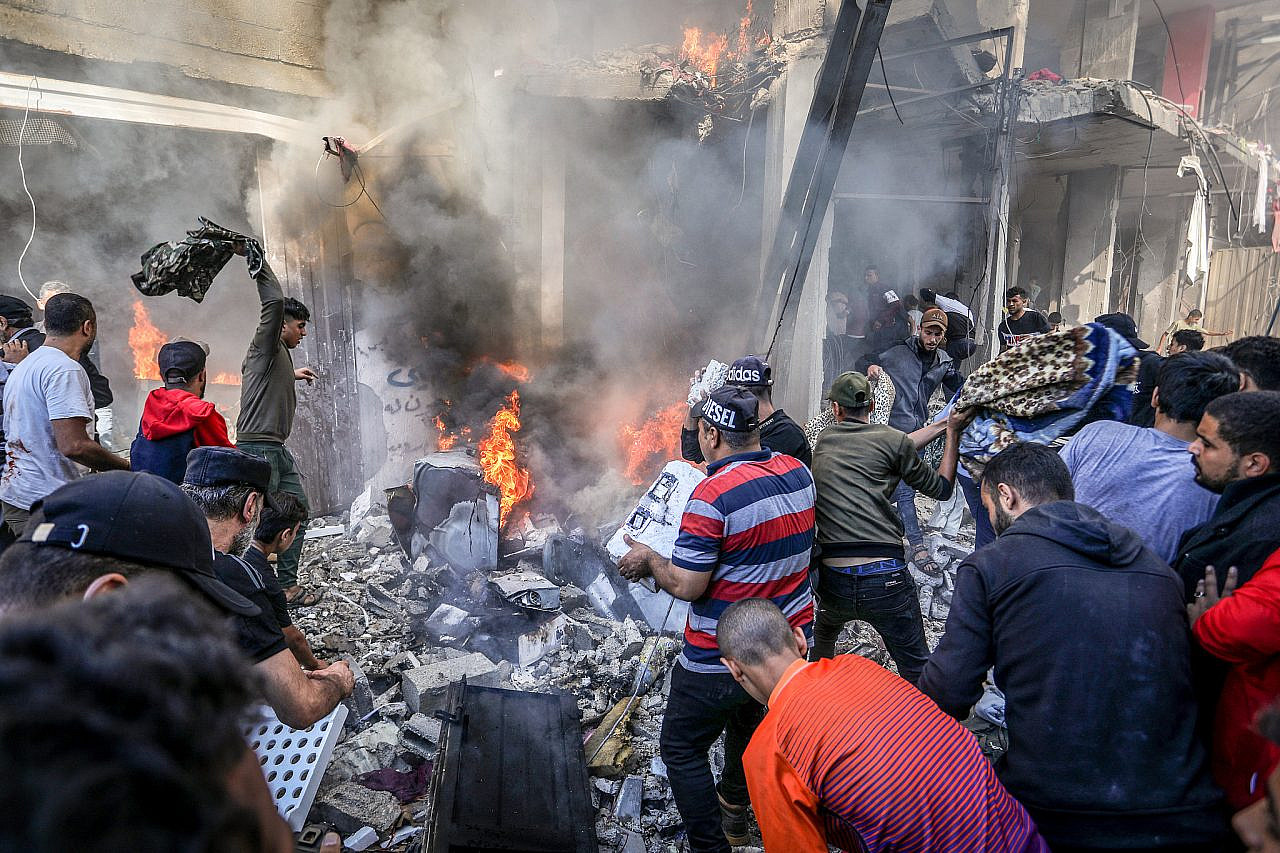 Western propaganda continues to distort Russia’s position in respect of the Syrian crisis. It accuses Moscow of supporting Damascus for profit motives, or even criminal solidarity. In this piece, Sergey Lavrov does not expound on his country’s strategic choices, but rather on the principles that underpin his diplomacy. He responds imperturbably to the inanities spouted by Western media, underscoring Moscow’s commitment to international law and its pledge to support people. Lavrov counterpoints the massive popular support enjoyed by President al-Assad and the illegitimacy of the sectarian armed opposition, sponsored from abroad.
Western propaganda continues to distort Russia’s position in respect of the Syrian crisis. It accuses Moscow of supporting Damascus for profit motives, or even criminal solidarity. In this piece, Sergey Lavrov does not expound on his country’s strategic choices, but rather on the principles that underpin his diplomacy. He responds imperturbably to the inanities spouted by Western media, underscoring Moscow’s commitment to international law and its pledge to support people. Lavrov counterpoints the massive popular support enjoyed by President al-Assad and the illegitimacy of the sectarian armed opposition, sponsored from abroad.
Russia probably knows the true cost of revolutions better than most other countries. We are fully aware that revolutionary changes are always accompanied by social and economic setbacks as well as by loss of human life and suffering. This is exactly why we support an evolutionary and peaceful way of enacting long-awaited changes in the Middle East and North Africa.
The point is, what should be done if the showdown between the authorities and the opposition does assume the form of violent, armed confrontation? The answer seems obvious -external actors should do their best to stop the bloodshed and support a compromise involving all parties to the conflict. When deciding to support UN Security Council Resolution 1970 and making no objection to Resolution 1973 on Libya, we believed that these decisions would help limit the excessive use of force and pave the way for a political settlement. Unfortunately, the actions undertaken by NATO countries under these resolutions led to their grave violation and support for one of the parties to the civil war, with the goal of ousting the existing regime - damaging in the process the authority of the Security Council.





 The United States will mark the 84th anniversary of the Japanese attack on the U.S. naval...
The United States will mark the 84th anniversary of the Japanese attack on the U.S. naval... In 2021, a book titled “The Human-Machine Team: How to Create Synergy Between Human and Artificial...
In 2021, a book titled “The Human-Machine Team: How to Create Synergy Between Human and Artificial...:focal(1285x1016:1286x1017)/https://tf-cmsv2-smithsonianmag-media.s3.amazonaws.com/filer_public/d1/4e/d14ed238-3b62-4506-9f53-fc2178dade60/nov2025_d17_prologue.jpg) In the fall of 1945, a bit more than six years after Nazi Germany invaded Poland...
In the fall of 1945, a bit more than six years after Nazi Germany invaded Poland... The last plane carrying U.S. forces left Afghanistan on Monday, meeting an Aug. 31 deadline to withdraw...
The last plane carrying U.S. forces left Afghanistan on Monday, meeting an Aug. 31 deadline to withdraw...






























